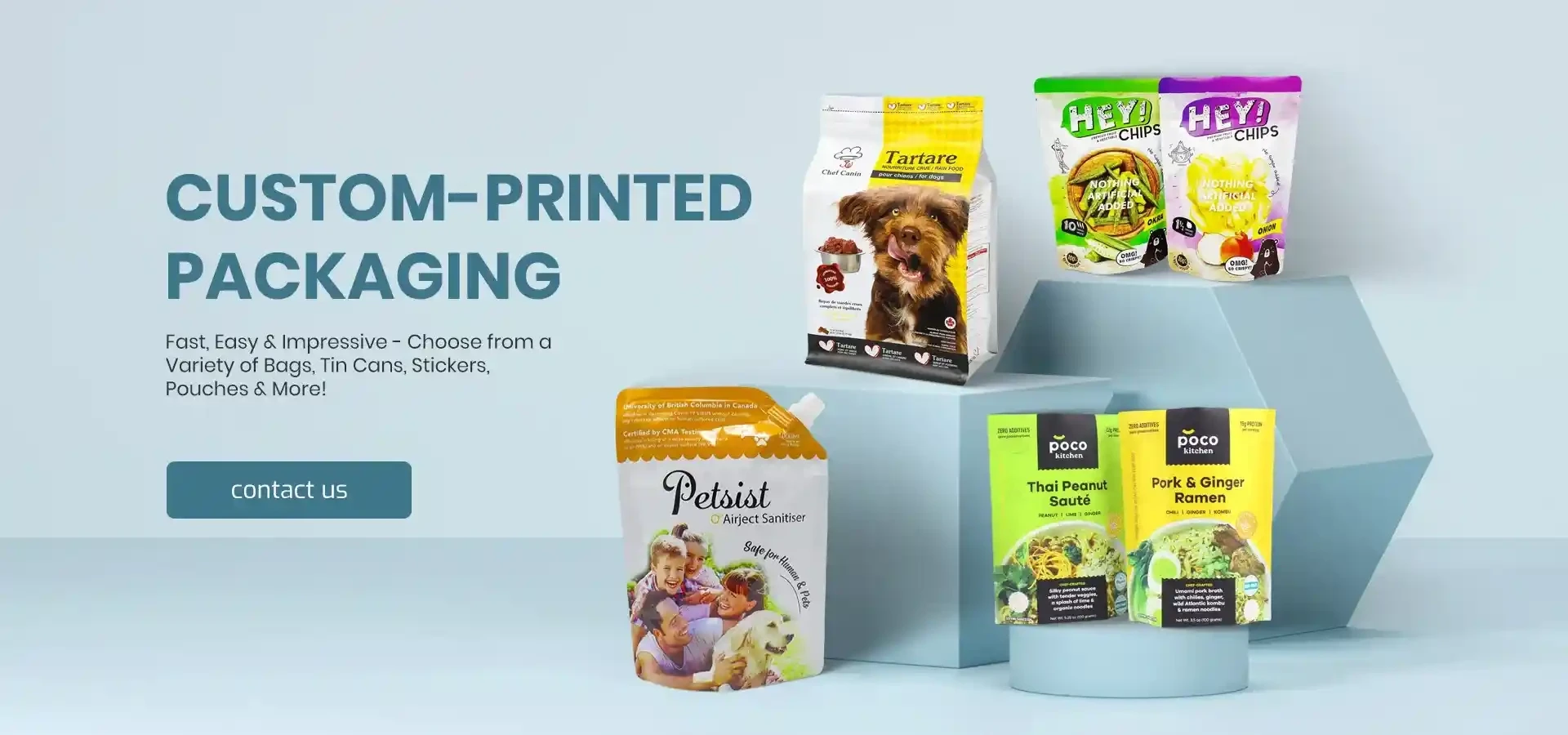- Afrikaans
- Albanian
- Amharic
- Arabic
- Armenian
- Azerbaijani
- Basque
- Belarusian
- Bengali
- Bosnian
- Bulgarian
- Catalan
- Cebuano
- chinese_simplified
- chinese_traditional
- Corsican
- Croatian
- Czech
- Danish
- Dutch
- English
- Esperanto
- Estonian
- Finnish
- French
- Frisian
- Galician
- Georgian
- German
- Greek
- Gujarati
- haitian_creole
- hausa
- hawaiian
- Hebrew
- Hindi
- Miao
- Hungarian
- Icelandic
- igbo
- Indonesian
- irish
- Italian
- Japanese
- Javanese
- Kannada
- kazakh
- Khmer
- Rwandese
- Korean
- Kurdish
- Kyrgyz
- Lao
- Latin
- Latvian
- Lithuanian
- Luxembourgish
- Macedonian
- Malgashi
- Malay
- Malayalam
- Maltese
- Maori
- Marathi
- Mongolian
- Myanmar
- Nepali
- Norwegian
- Norwegian
- Occitan
- Pashto
- Persian
- Polish
- Portuguese
- Punjabi
- Romanian
- Russian
- Samoan
- scottish-gaelic
- Serbian
- Sesotho
- Shona
- Sindhi
- Sinhala
- Slovak
- Slovenian
- Somali
- Spanish
- Sundanese
- Swahili
- Swedish
- Tagalog
- Tajik
- Tamil
- Tatar
- Telugu
- Thai
- Turkish
- Turkmen
- Ukrainian
- Urdu
- Uighur
- Uzbek
- Vietnamese
- Welsh
- Bantu
- Yiddish
- Yoruba
- Zulu
biodegradable food storage bags
The Rise of Biodegradable Food Storage Bags A Sustainable Solution for Our Planet
In recent years, as environmental concerns have taken center stage, the demand for eco-friendly products has surged. Among these, biodegradable food storage bags have emerged as a promising alternative to traditional plastic bags. These innovative products not only serve the essential function of food preservation but also address the pressing issue of plastic pollution that plagues our planet.
What Are Biodegradable Food Storage Bags?
Biodegradable food storage bags are designed to break down more quickly than conventional plastic bags after they are discarded. Made from natural materials such as corn starch, vegetable oils, and other plant-based polymers, these bags are engineered to decompose into harmless substances when exposed to the right environmental conditions, such as heat, moisture, and microbial activity. This process significantly reduces their lifespan in landfills, where traditional plastics can persist for hundreds of years.
The Environmental Impact of Traditional Plastic Bags
To understand the importance of biodegradable alternatives, it is essential to grasp the environmental repercussions of standard plastic bags. According to the United Nations, around 300 million tons of plastic waste is produced each year, a significant portion of which ends up in our oceans, harming marine life and disrupting ecosystems. The reality is that plastic pollution not only threatens wildlife but also affects human health, as microplastics are increasingly found in our food and water supply.
Traditional plastic bags are notorious for their single-use nature; they are frequently utilized for mere minutes before being discarded. This throwaway culture contributes to an ever-growing waste crisis, prompting many consumers and businesses to seek sustainable solutions. Enter biodegradable food storage bags, which offer a practical way to store food while minimizing environmental harm.
Benefits of Biodegradable Food Storage Bags
1. Reduced Plastic Waste One of the most significant advantages of biodegradable bags is their potential to reduce the amount of plastic waste generated. By opting for these bags, consumers can contribute to lowering the demand for single-use plastics and help in the fight against pollution.
biodegradable food storage bags

2. Compostable Options Many biodegradable bags are also compostable, meaning they can break down into nutrient-rich compost instead of adding to landfill waste. This feature aligns well with eco-conscious practices, allowing individuals to integrate sustainable choices into their daily lives easily.
3. Safer for Wildlife Switching to biodegradable bags can help protect wildlife. Animals often ingest plastic debris, mistaking it for food, which can lead to injury or death. Using biodegradable options mitigates this risk, fostering a healthier ecosystem.
4. Durability and Versatility Contrary to common misconceptions, biodegradable food storage bags are durable and versatile. They can effectively store a variety of food items, from fruits and vegetables to meats and leftovers, much like their plastic counterparts. Many brands are devoted to ensuring that the functionality is not compromised in favor of eco-friendliness.
5. Consumer Responsibility By choosing biodegradable products, consumers send a powerful message to manufacturers and policymakers about their preference for sustainable practices. This shift in consumer behavior can lead to greater investment in environmentally friendly technologies and products.
Limitations and Considerations
While the benefits of biodegradable food storage bags are substantial, it’s essential to consider some limitations. These bags need specific conditions to break down effectively, and if they end up in landfills where oxygen is minimal, they may decompose more slowly. Therefore, proper disposal and composting are crucial to realizing their full environmental benefits.
Moreover, consumers should be wary of misleading labeling. Not all products marketed as biodegradable will decompose in a short time frame. Checking for certifications like ASTM D6400 or EN 13432 can help identify truly biodegradable options.
Conclusion
As we confront the challenges posed by plastic pollution, biodegradable food storage bags represent a step toward a more sustainable future. They allow us to store food efficiently while minimizing our impact on the environment. By integrating these bags into our daily routines and advocating for their broader adoption, we can take meaningful actions to protect our planet for future generations. Transitioning to biodegradable products is not only a personal choice but a collective responsibility that can lead to significant positive change. With continued innovation and growing consumer awareness, we have the power to make a lasting difference—one bag at a time.













